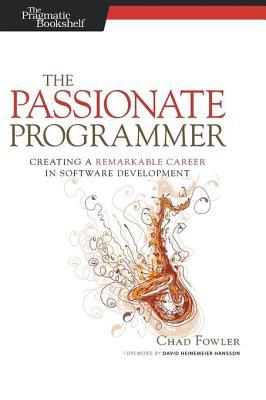What do you think?
Rate this book


232 pages, ebook
First published January 1, 2009
When I was sitting down talking about my performance review (over the phone) with my beloved manager, I muted my phone when she said ãpresence.ã� I didnãt want the laugh to be audible. I wondered if she could hear the half-grimace and half-smile that I couldnãt wipe from my lips for the rest of our conversation. (...) Most of us who were willing to share our feelings disliked this manager. She did little to command respect, so it wasnãt much of a surprise.When suggesting developers should better understand the business they work for (something I wholeheartedly agree with), I also felt like the author meant well but the wording was just not great:
Nonprogrammers are, on the average, as intelligent as programmers. (That is to say that most of them arenãt very intelligent, but a few of them really are.) Chances are high that your customer is just as smart as you but just doesnãt happen to know how to program a computer. Thatãs OK.Yes. I can't imagine what kind of audience the author had in mind to write something that obvious, and even slightly insulting.